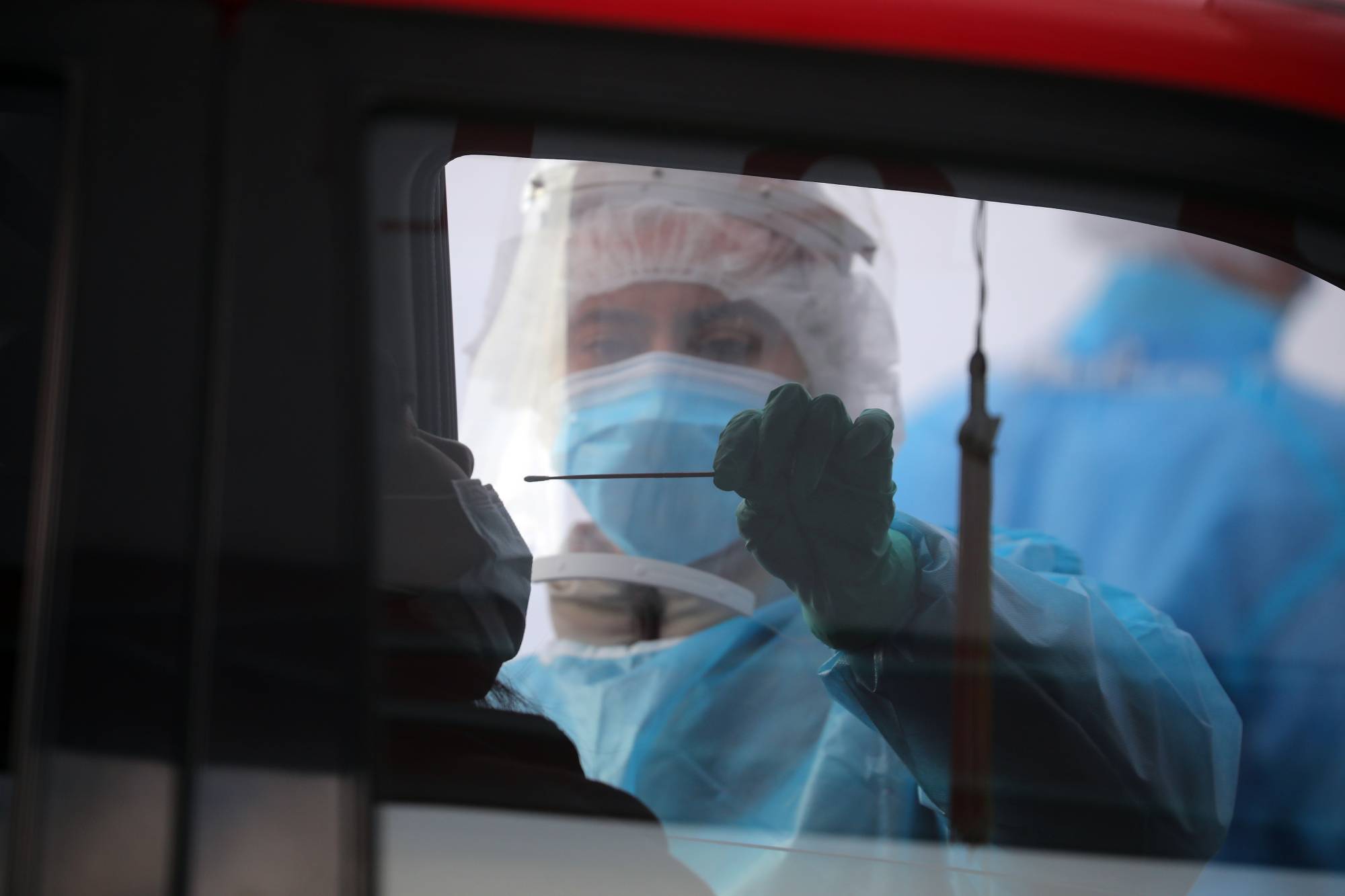People with COVID-19, the illness caused by the coronavirus, are most infectious about two days before symptoms begin and for five days afterward, according to a new analysis of previous research.
A few patients who are extremely ill or have impaired immune systems may expel — or "shed” — the virus for as long as 20 days, other studies have suggested. Even in mild cases, some patients may shed live virus for about a week, the new analysis found.
The accumulating data presents a quandary: Should public health officials shorten the recommended isolation time if it means more infected people will cooperate? Or should officials opt for longer periods in order to prevent transmission in virtually all cases, even if doing so takes a harsher toll on the economy?



